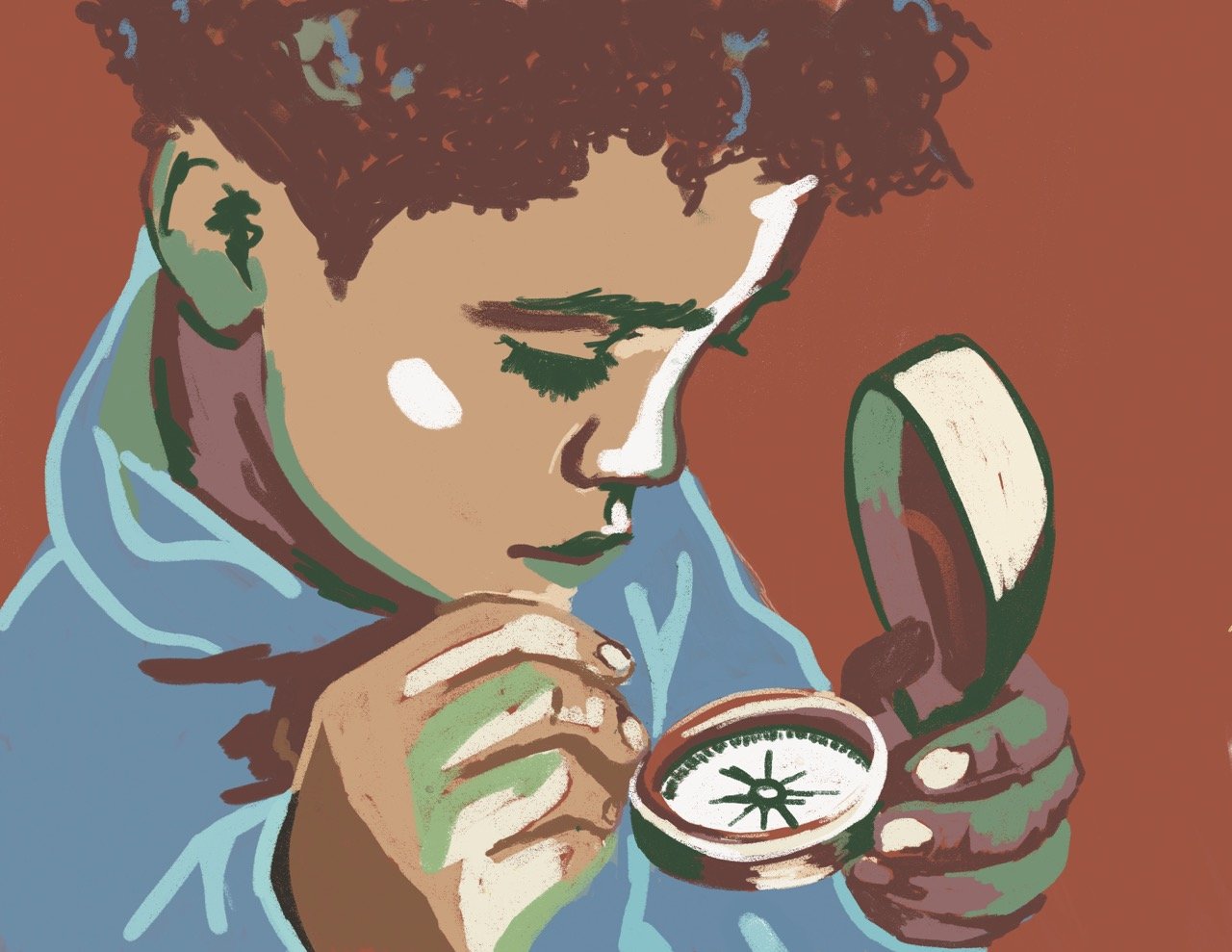Cultivating Curiosity and Promoting a Growth Mindset
At The Compass School (TCS), our core values—curiosity, compassion, courage, and agency—are fundamental to our educational approach. We're dedicated to providing a student-centered learning experience, inspired by progressive education principles, neuroscience, and psychological research, to foster responsible citizens. Our goal is to promote lifelong curiosity, compassionate leadership, and the ability to embrace diverse perspectives. Over the coming weeks, we'll unpack each of our core values. This week, we explore how curiosity empowers learners to embrace a growth mindset.
A growth mindset creates a safe space for children to ask questions, express their thoughts, and nurture their natural inquisitiveness.
By promoting open-mindedness and a love of learning, a growth mindset empowers children to become joyful, intrinsically motivated explorers. Curiosity fuels a child's learning journey and helps them reach their full potential.
Curious children actively seek new information and experiences, naturally encountering and overcoming challenges. This reinforces the belief that abilities can be developed through effort. Curiosity cultivates a genuine love for learning, making the process intrinsically motivating. This intrinsic motivation drives children by the joy of discovery rather than the fear of failure. Curious children are more likely to view setbacks and mistakes as learning opportunities. This resilience allows them to persevere in the face of challenges, a key component of a growth mindset.
Curiosity helps children see beyond limitations and imagine new possibilities, fostering a belief in their own potential for growth. Curious children constantly ask "why?" and seek deeper understanding. This fosters critical thinking and the development of their own ideas.
At TCS, we provide numerous avenues for children to follow their passions and engage their curiosity.
Through thematic studies, deep dives, goal-setting with their personal learning coach, and inquiry based lessons, they become active participants in the learning process.
Our school year is divided into three terms, each featuring a new thematic study that students explore both individually and collaboratively. This organic approach stimulates curiosity by giving children voice and choice in their learning.
Students recognize the opportunity to pursue their interests, and this is further nurtured through weekly meetings with their learning coach to set personalized goals. This active involvement in learning is enhanced by "deep dives" offered twice a year, where students delve into their own interests and share their newfound knowledge.
By fostering curiosity in these ways, and by implementing an inquiry based approach to our lessons, we cultivate a lifelong love of learning in our students. TCS students ask questions and are encouraged to notice and wonder about the world around them. Lessons are driven by the student and facilitated by the teacher. Students' natural curiosity is generated and cultivated daily as classrooms explore concepts and ideas.
This dynamic interplay between curiosity and a growth mindset creates a powerful cycle. Curiosity fuels a growth mindset, which in turn nurtures even greater curiosity. This creates a learning environment where children feel safe to ask questions, express their thoughts, and embrace challenges with open minds and a thirst for knowledge.
In our next installment, we will delve into the connection between compassion and Attribution Theory, examining how this core value positively impacts the TCS community.

